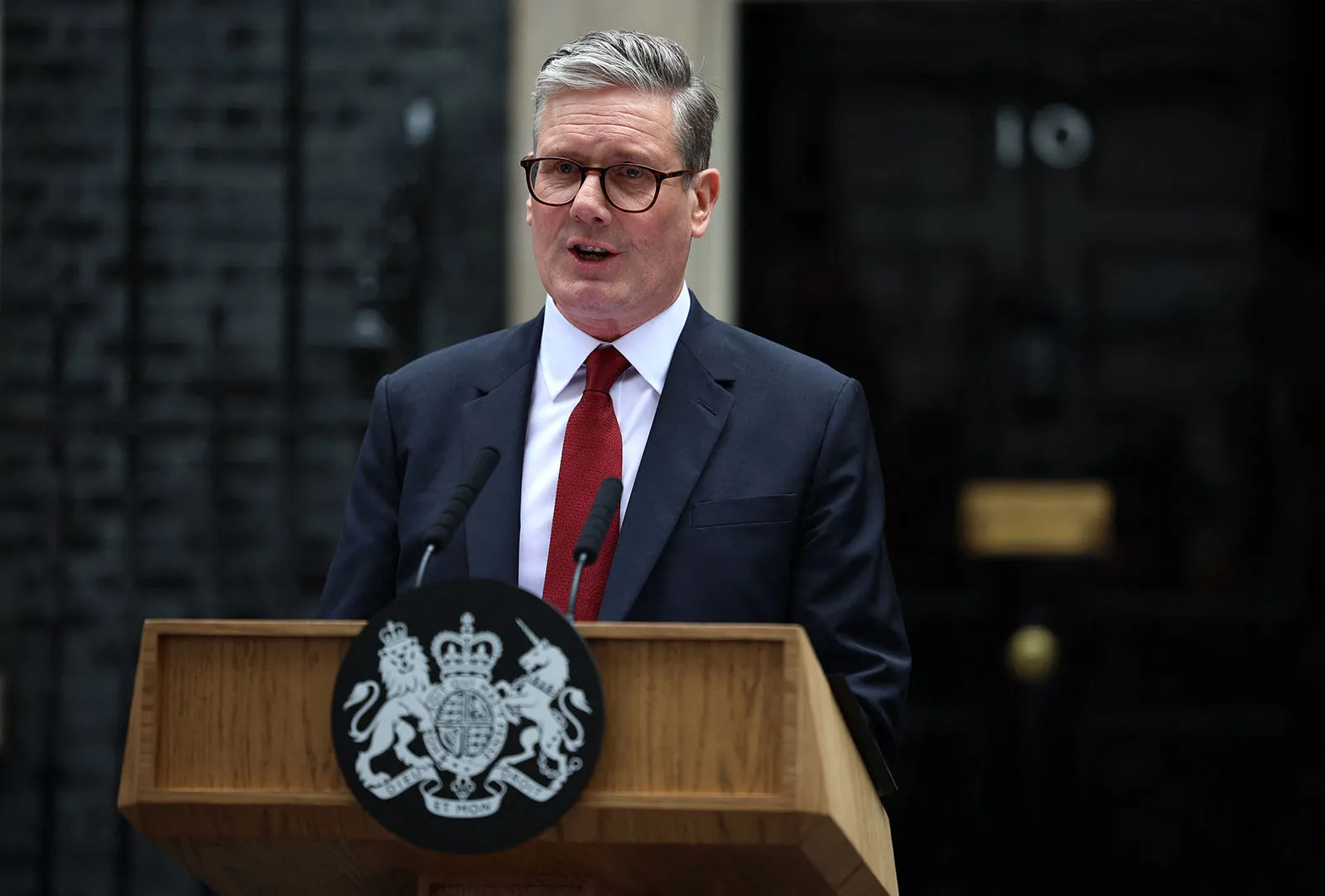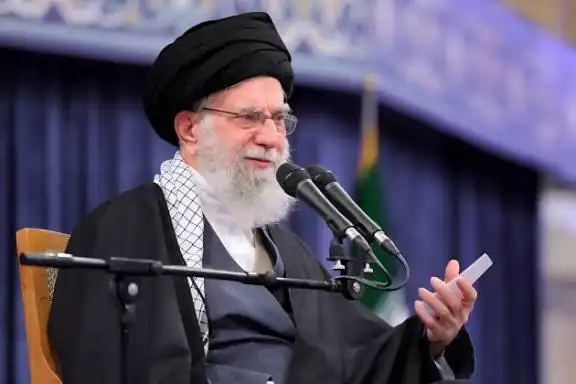UK Prime Minister Sir Keir Starmer announced that the United Kingdom will recognize the State of Palestine at the United Nations General Assembly in September 2025, provided Israel does not take specific actions to address the ongoing crisis in Gaza. This decision follows mounting international pressure and a growing humanitarian crisis in the region.
The UK government’s stance is contingent upon Israel’s commitment to several key measures:
Ceasefire Agreement: Israel must agree to a ceasefire with Hamas to halt the ongoing conflict in Gaza.
Humanitarian Aid Access: Israel is required to allow unhindered delivery of humanitarian aid into Gaza, addressing the severe famine conditions affecting the population.
Rejection of West Bank Annexation: Israel must commit to refraining from annexing parts of the occupied West Bank, ensuring the preservation of potential Palestinian territories.
Commitment to a Two-State Solution: Israel is expected to engage in a long-term peace process that supports the establishment of a two-state solution, recognizing both Israel and Palestine as sovereign states.
Prime Minister Starmer emphasized that the UK’s recognition of Palestinian statehood is not automatic but conditional upon Israel’s actions. He stated, “We will recognize Palestinian statehood in September unless the Israeli government takes substantive steps to end the appalling situation in Gaza, reaches a ceasefire, makes clear there will be no annexation in the West Bank, and commits to a long-term peace process that delivers a two-state solution.”
This announcement aligns with similar actions by other European nations. French President Emmanuel Macron recently declared France’s intention to recognize Palestine as a state, becoming the first G7 nation to do so. Additionally, Spain, Norway, and Ireland have previously recognized Palestinian statehood, reflecting a growing international consensus on the issue.
The UK’s decision has been met with criticism from Israel. Israeli officials argue that such recognition rewards Hamas and undermines efforts to achieve a ceasefire and the release of hostages. They contend that the UK’s move could complicate diplomatic efforts aimed at resolving the conflict.
Domestically, the UK’s position has garnered support from various political figures and organizations advocating for Palestinian rights. However, some members of the Labour Party have expressed frustration over the delay in taking a definitive stance, urging the government to act more decisively in support of Palestinian statehood.
As the September deadline approaches, the international community will closely monitor Israel’s response to the UK’s conditions. The outcome of this diplomatic initiative could significantly influence the trajectory of the Israeli-Palestinian conflict and the broader Middle East peace process.










I think the UKs decision to potentially recognize a Palestinian state is bold. It could shake up the status quo in the region.
Who gets to decide when a state should be recognized? Is it fair to pressure Israel in this way? Lets discuss!
Wow, the UK recognizing Palestine? Bold move or just empty threats? Whats your take on this political chess game?
Do you think the UKs threat to recognize a Palestinian state will actually push Israel to take action? Lets discuss!
I wonder if this move will actually push Israel to take action or just create more tension. What do you all think?
I dont think UK should jump in like that. Lets give diplomacy a chance before making big decisions.